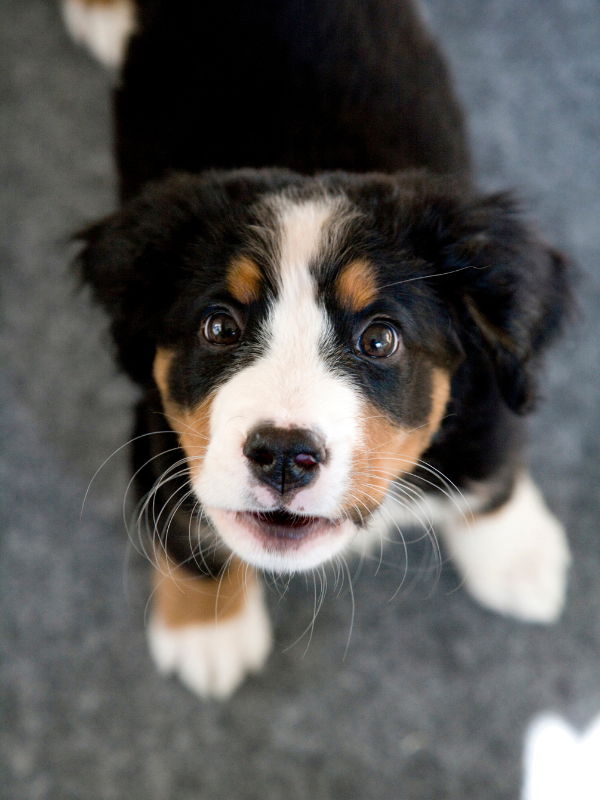737-215-3211

A Paw-sitive Start: The Ultimate Guide to Spotting and Tackling Puppy Behavior Problems Early
Who can resist the joy that a little furry friend brings into a home? The soft paws, the adorable yawns, and the unending energy - it’s hard not to fall in love. But, like humans, puppies have their quirks. As a responsible pet owner, recognizing and addressing these behavioral issues early on is crucial.
The Importance of Early Intervention
Early intervention isn’t just about saving your furniture from tiny teeth; it’s about creating a bond between you and your pup that’s built on trust and understanding. Consider this: you’re not just training a pet; you’re nurturing a family member. How cool is that?
Identifying Common Puppy Behavioral Issues
Let’s put on our detective hats and look into some typical puppy antics.
Biting and Nipping
Is your puppy giving you tiny love bites? It’s cute until it hurts. Biting is often a natural way for puppies to explore the world. But how do you teach them human skin is not for tasting?
Excessive Barking
Ah, the sweet sound of barking – at 3 am. Puppies bark for various reasons. The key is to understand why and address it without engaging in a barking contest.
Potty Training Issues
Are indoor “accidents” becoming the norm? Potty training can be one of the most challenging aspects of raising a puppy. Patience is your best friend here.
Destructive Chewing
Does your puppy think that your furniture is part of an all-you-can-eat buffet? Chewing is natural, but we need to set boundaries.
Separation Anxiety
Does your heart ache when your puppy whines as you leave? Separation anxiety is real and can be heart-wrenching for both parties involved.
Addressing Behavioral Issues Head-On
Now that we’ve identified the common issues, let’s tackle them like a pro.
Consistency is Key
Can you learn a new language by practicing once a month? Neither can a puppy learn if you're not consistent. Keep it steady!
Positive Reinforcement
Rewards, praises, belly rubs – puppies love them!
The ABCs of Treats and Praise
Always Be Consistent with treats and praise. A well-timed treat can work wonders.
Socialization
Have you ever felt jittery in a new place? Puppies feel that too!
Setting up Playdates
Arrange for some furry friends. Playdates are not just for kids, you know.
Training Classes
When in doubt, turn to the pros. Training classes are an excellent resource.
Maintaining a Happy and Well-Behaved Puppy
Consistency, love, and proper training are the golden trio. But remember, every dog is different. Stay flexible and willing to adapt your strategies.
Conclusion: A Lifetime of Friendship
Puppies can be a handful, but addressing behavioral issues early can make the journey much smoother. And at the end of the day, when you have a loyal friend by your side, it’s all worth it, isn’t it?
FAQs
-
How early can I start training my puppy? You can start as early as 7-8 weeks old, but remember to keep training sessions short and positive.
-
Is it normal for puppies to bite? Yes, but it's important to teach them bite inhibition early on.
-
My puppy is afraid of other dogs. What can I do? Gradually expose your puppy to other dogs in controlled environments, like training classes or playdates with familiar dogs.
-
How can I stop my puppy from chewing everything? Provide appropriate chew toys and use positive reinforcement to encourage good behavior.
-
Is crate training a good idea for puppies? Yes, when done correctly, crate training can provide a safe space for your puppy and aid in housebreaking.




Leave a comment